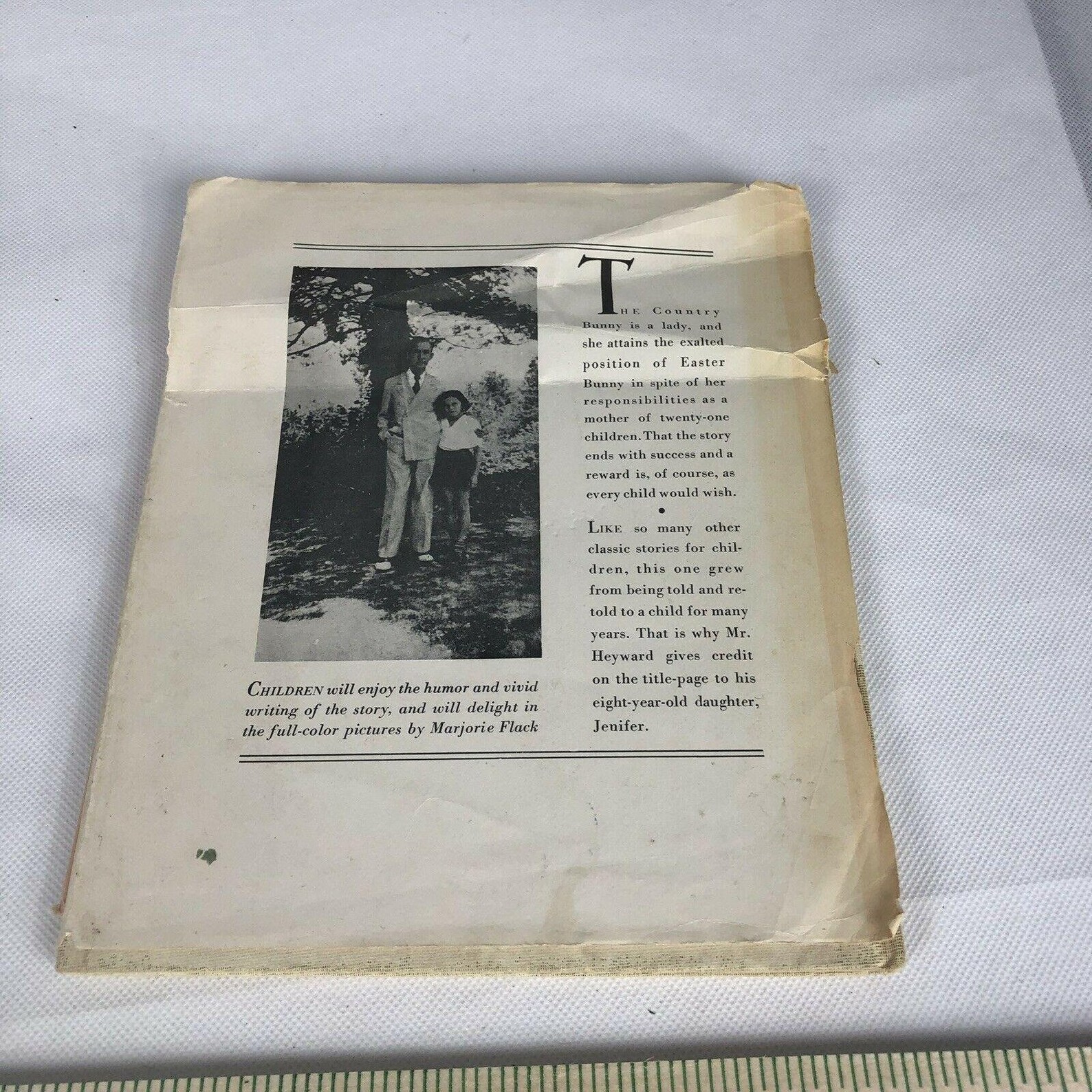


DuBose’s legacy also includes three volumes of poetry and essays, the novels Angel (1926), Peter Ashley (1932), and Star-Spangled Virgin (1939), a popular children’s book The Country Bunny and Little Gold Shoes (1939) and the screenplay for Eugene O’Neill’s The Emperor Jones (1939), starring Paul Robeson.

The Heywards collaborated on another play set on Catfish Row, Mamba’s Daughter’s (1929). In 1959 it appeared as a successful motion picture. Porgy and Bess had music by George Gershwin and a libretto by Heyward and Ira Gershwin. There is speculation over how much Dorothy contributed to her husband’s writing, especially in the lyrics for Porgy and Bess, the opera that appeared based on the same story in 1935. The first Broadway production with an all African-American cast, Porgy ran for 367 performances (1927-28) and earned the Heywards a Pulitzer Prize. “We all agreed that the story was atrocious,” one resident recalled, “and that he and Dorothy and Jennifer (their daughter) would be wiser to starve for poetry.” Despite the chilly reception, Heyward completed the novel and published it the following year (1925).ĭorothy, already a successful Broadway playwright, immediately saw Porgy’s dramatic potential and convinced her husband to collaborate with her on a stage play. He hoped that the book, about a crippled black street-beggar, and set on a waterfront ghetto in Charleston called Catfish Row, would do well commercially and help him support his family as a full-time writer. The two would later be married.ĭuring a second fellowship at MacDowell, DuBose shared excerpts with his fellow colonists from his new novel, Porgy. Already a recognized poet, he was invited to summer at MacDowell where he met Dorothy Hartzell Kuhns, a native of Ohio and a student in George Pierce Baker’s playwriting workshop at Harvard. Over time, the “southern gentleman” became a liberal, based upon his exposure to and admiration for the African American men he came to know while working as a young man on the Charleston docks. Born into an aristocratic Charleston, South Carolina family, Heyward grew up proud but poor. MacDowell fellowships: 1921, 1922, 1923, 1924, 1925, 1926, 1927, 1928, 1938Įdwin DuBose Heyward (1885-1940), was an American novelist, playwright, and poet, best known for his novel Porgy, that inspired the play, folk opera, and film, Porgy and Bess.


 0 kommentar(er)
0 kommentar(er)
